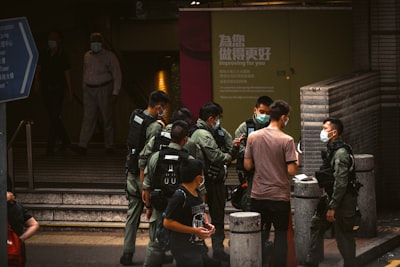Overview
The 709 Crackdown refers to a large-scale, coordinated operation launched by Chinese authorities that began on July 9, 2015, targeting human rights lawyers, legal activists, and their associates throughout mainland China. Named after the date the operation commenced, the crackdown marked a significant escalation in the Chinese government's repression of the country’s burgeoning rights defense movement.
Background
Prior to 2015, a growing number of legal professionals and civil society actors in China had become increasingly active in advocating for civil rights, legal reforms, and government accountability. This so-called "rights defense movement" (weiquan yundong) aimed to protect citizens’ legal rights, often by representing dissidents or vulnerable groups in sensitive cases.
Key Events and Tactics
On July 9, 2015, police began a nationwide campaign, detaining more than 300 individuals—primarily human rights lawyers, paralegals, and legal activists—within a short period. Many were subjected to "residential surveillance at a designated location," an extra-judicial measure allowing authorities to hold individuals incommunicado. Those targeted were often accused of subverting state power or inciting subversion. The crackdown also saw the use of forced confessions, incommunicado detention, and intimidation of family members.
Effects
The crackdown severely curtailed the activities of the rights defense movement in China. Numerous prominent lawyers and activists were sentenced to long prison terms, disbarred, or forced into exile. The event had a chilling effect on the legal profession, undermining the independence of lawyers and restricting civil society’s ability to challenge state abuses.
International Response
The 709 Crackdown was condemned by numerous international organizations, foreign governments, and human rights advocates, who cited violations of fundamental rights to legal representation, due process, and freedom of expression. The crackdown remains a key reference point in global discussions concerning human rights and the rule of law in China.
Legacy and Ongoing Repression
Though the most intensive phase occurred in 2015 and 2016, the legacy of the 709 Crackdown persists. Lawyers, activists, and their families continue to face harassment, surveillance, and retaliation. Annual commemorations and international awards now recognize those who have suffered due to the crackdown and the continuing struggle for human rights in China.

Comments
No comments yet. Be the first to comment!